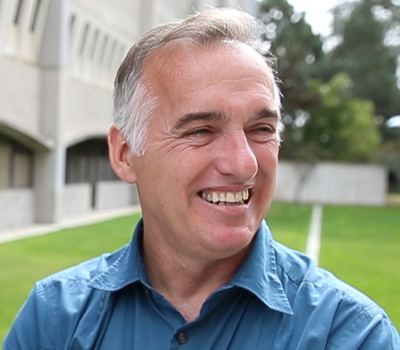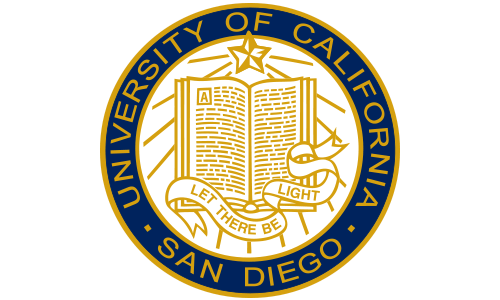Ending nerve damage caused by diabetes
There are 350 million people worldwide that suffer from diabetes, and over half of all diabetic patients will develop nerve damage. Patients suffering from nerve damage can experience untreatable pain or, most commonly, numbness of limbs that lead to unintended limb damage, infection and amputation. Diabetic neuropathy is therefore a huge clinical, economic and societal problem for which there is no FDA-approved treatment or cure. Dr. Nigel Calcutt of University of California, San Diego is working to eradicate diabetic neuropathy - and is on the verge of finding the first cure.
- Currently we do not have a FDA-approved treatment or cure for diabetic neuropathy, a condition that leads to symptoms such as numbness of limbs and intense pain. Dr. Calcutt is developing what could become the first treatment solution.
- With over 350 million people worldwide suffering from diabetes and over half of those likely to develop nerve damage, there is an urgent need for a cure to this illness.
- Dr. Calcutt and his team hope to find the first cure for this untreatable disease by conducting clinical trials to analyze beneficial - but originally unintended - healing properties of an established and FDA-approved drug. This means they have the opportunity to leapfrog over 5-15 years' worth of drug development programs and test efficacy now.
- Through his research Nigel has found a drug that works to control the initiation and cessation of nerve growth. This controlling mechanism could greatly minimize the effects of neuropathy.
- After finding the cure for diabetic neuropathy, Dr. Calcutt anticipates that this treatment can also be applied to other forms of nerve damage such as that caused during chemotherapy.
Dr. Calcutt began studying how diabetes damages nerves as a strictly academic exercise. What began as an undergraduate research project developed into his Ph.D. thesis and now is the major drive of his 30-year scientific career. He feels fortunate, in that much of the work performed by him and his colleagues over the past decade is converging to provide a new understanding of how to conquer diabetic neuropathy. He is fully aware of the pain and suffering caused by diabetic neuropathy affecting millions of people and hopes this drug will bring an end to their pain.
Bio
Dr. Calcutt received his Bachelor of Science degree in Zoology in 1985 and his Doctor of Philosophy degree in Physiology and Pharmacology in 1988, both from the University of Nottingham. He was then a Postdoc Fellow in Pharmacology at St. Bartholomews Hospital, University of London, UK.
Dr. Calcutt was appointed in 1993 as Assistant Adjunct Professor of Pathology at UCSD. He was promoted to Professor in July 2005.
Dr. Calcutt's research is focused on mechanisms of peripheral nerve disease and the identification of new therapeutic approaches to prevent onset of neuropathy or alleviate symptoms of an existing neuropathy such as sensory loss or pain.
Students and Fellows in his laboratory work on cellular and animal models of diabetic neuropathy and have projects looking at the toxic neuropathies that are side effects of certain cancer drugs.
His research utilizes a multi-disciplinary approach to addressing the etiology of diabetic neuropathy and applies a diverse array of techniques that range from molecular and biochemical investigations of fundamental disease mechanisms to physiologic and behavioral assessments of nerve function and the efficacy of potential therapeutic strategies.
He also collaborates with a number of biotechnology and pharmaceutical companies, so that the etiologic mechanisms that he proposes can be tested by rational drug design and in vivo pharmacology and ultimately by clinical trials.
In the News
Diabetic individuals have a significantly higher risk of developing Alzheimers disease but the molecular connection between the two remains unexplained
Lpath's ImmuneY2(TM) Platform Provides New Array of Drug-Discovery Possibilities
Publications
Videos
Awards
Mary Jane Kugel Award
Juvenile Diabetes Research Foundation, USA University of Manitoba -- Presidential Outreach Award, University of Manitoba


